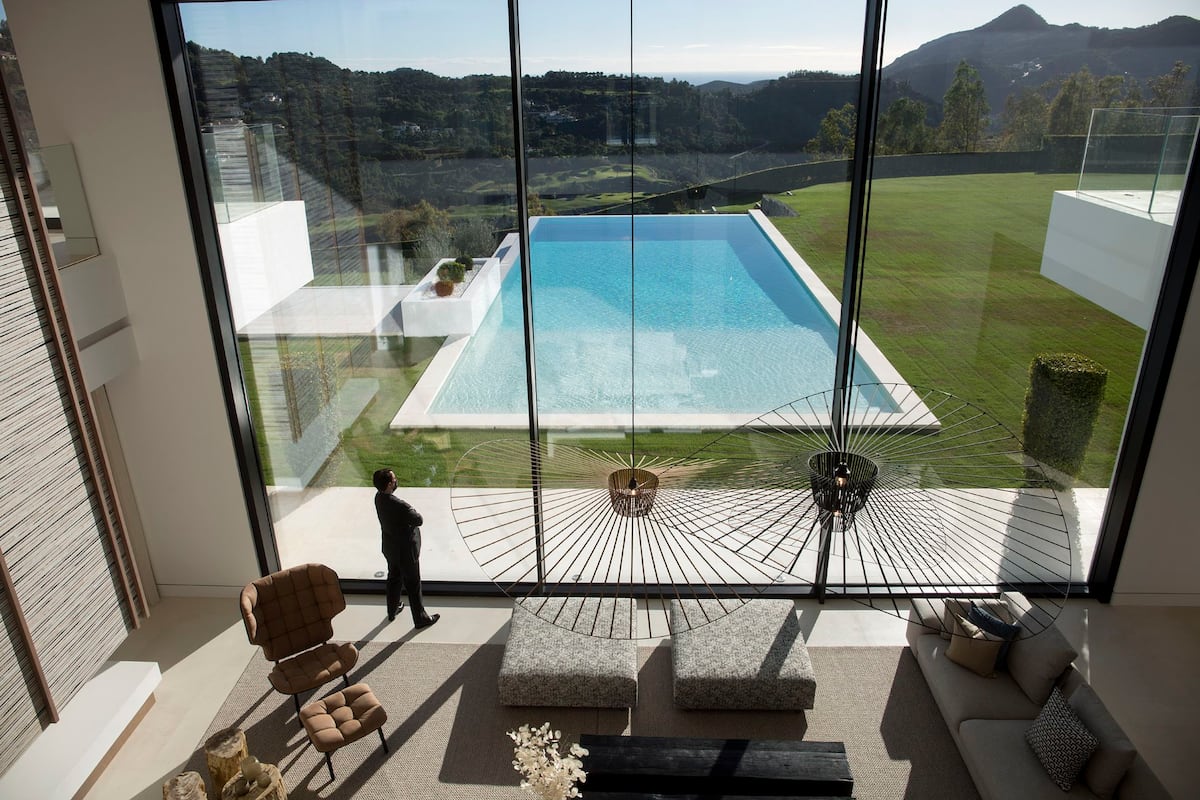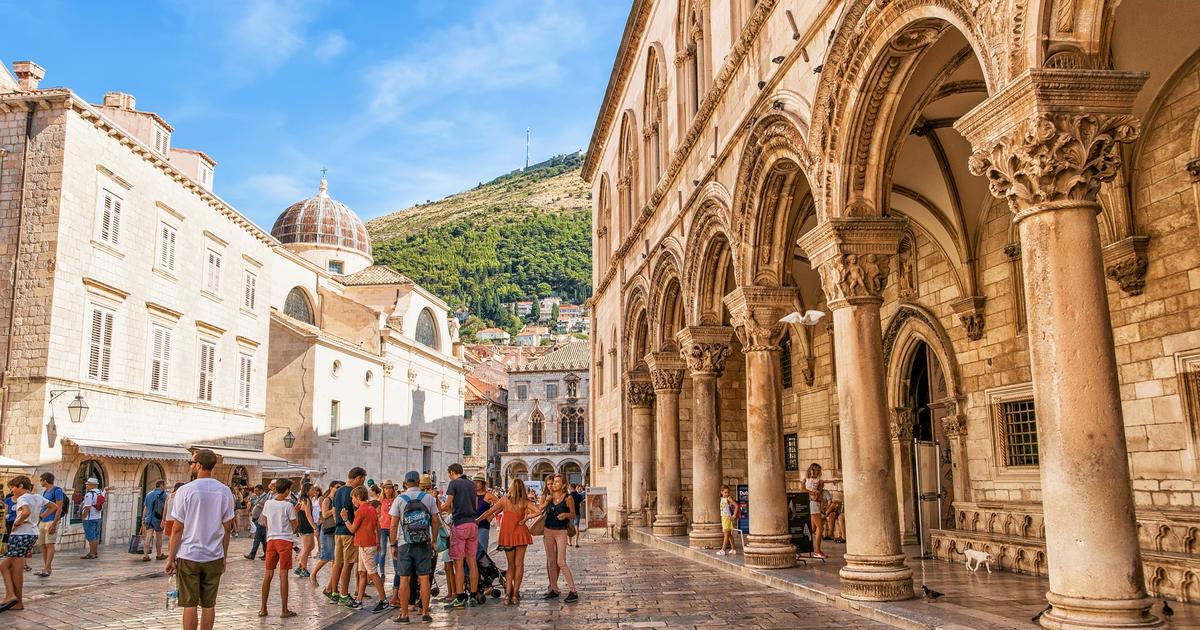The lack of affordable housing for the Portuguese pockets has become almost a national emergency.
Low wages make it an impossible mission to face the gallop of house prices.
Some recent studies show that the average sale price in Lisbon exceeded that of Milan, Madrid or Barcelona in 2022, while the rental price was higher than that of the Spanish capital and only slightly lower than that of Milan.
The Government has decided to try to put an end to this with a package of measures that revolutionize Portuguese housing policy in recent decades, contemplating proposals for direct intervention in the market from which until now the prime minister, the socialist, had always fled Antonio Costa.
The most controversial initiative of the government plan is the forced rental of unoccupied homes.
The State will be able to rent them to sublet them for five years and act as a real estate mediator, charging the tenant and paying the owner.
These rents can never exceed 35% of the income of the family nucleus.
The State will assume the unpaid rents, so that the owners always receive them, and will negotiate with the tenant a solution for the debt, which in the worst case may include eviction.
The exceptions and details of this initiative will still be outlined in the public and parliamentary consultation process that is starting now, although no major shocks are foreseen considering that the Socialist Party governs with an absolute majority.
Public interventionism will also extend to the prices of new rentals, something that has not happened in Portugal since 1985, when it was legislated to liberalize them.
From now on, a maximum rise ceiling will be established for new housing lease contracts, which will be linked to both the evolution and the inflation forecasts.
This is intended to avoid skyrocketing rental prices, which end up forcing the departure of tenants who cannot afford them.
In an interview with the TVI television network, Prime Minister António Costa justified this shift in housing policy to find a "balance" between the needs of the population and economic development.
Because one of the decisions directly affects tourism, a capital sector for the Portuguese economy.
The Government will prohibit new tourist floors throughout the country, with the sole exception of rural projects that benefit small populations.
"Tourist apartments had many positive effects to revitalize our cities but they also have negative impacts such as rising prices," Costa explained.
In addition, the license for those who are currently active in 2030 will be reviewed.
At the end of December there were 108,523 officially registered tourist homes in Portugal.
The rehabilitation of the historic centers of Lisbon and Porto, badly deteriorated for decades, was one of the positive contributions of the development of the new tourist rental platforms, but it also caused the expulsion of local residents and urban gentrification.
In some districts of Lisbon progress was made almost towards specialization, with 60% of rental houses dedicated to tourism.
These excesses were corrected with temporary moratoriums in saturated areas and some decisions such as a Supreme Court ruling, which allowed tourist flats to be vetoed in residential buildings.
With its ban, the Portuguese government trusts that "the return to the real estate market of accommodations that are now touristic" will be encouraged, said António Costa on Thursday, at the end of a Council of Ministers dedicated exclusively to housing and where the package was approved of measures that includes a cost of 900 million euros.
A decade of golden visas
Another of the great innovations is the end of the golden visas, which grant residence permits to those who invest in real estate, create businesses or transfer capital to Portugal.
In practice, since it came into force in 2012, it has been used above all by foreigners who obtained Portuguese residence in exchange for buying a home: they received 92% of the "
golden visas
".
Chinese citizens were the most active investors, benefiting from almost half of the more than 11,000 visas granted in a decade.
Organizations such as Transparency International and left-wing parties, such as the Portuguese Communist Party and the Bloco de Esquerda, had been calling for the extinction of this measure for years, which was introduced to try to find an outlet for the empty housing stock left by the great economic crisis that began in 2008. "The program has already fulfilled the function it had to fulfill," said Costa a few months ago, when he first advanced that its extinction was being considered.
Spain also has a similar program to grant residence visas in exchange for attracting investment.
The turn of the Portuguese Executive, which until now had defended a fiscal policy inherited from the right to attract foreign money, has received harsh criticism from the opposition and business organizations.
The Social Democratic Party (PSD, center-right) has called the plan "statistizing" and "abusive", while the Local Accommodation Association of Portugal considers them "very serious".
"These measures create enormous uncertainty for private investment and make it unfeasible," they said in a statement.
Follow all the information on
Economy
and
Business
on
and
, or in our
weekly newsletter



/cloudfront-eu-central-1.images.arcpublishing.com/prisa/R5YJ3MNWQRCGTFO4MKHLQKANJI.jpg)




/cloudfront-eu-central-1.images.arcpublishing.com/prisa/L5RZ22DWRZFVG63K2GHYFDMYEA.jpg)
/cloudfront-eu-central-1.images.arcpublishing.com/prisa/YO5DZ3LUPREZFJDBI72KRYBPOY.jpg)





